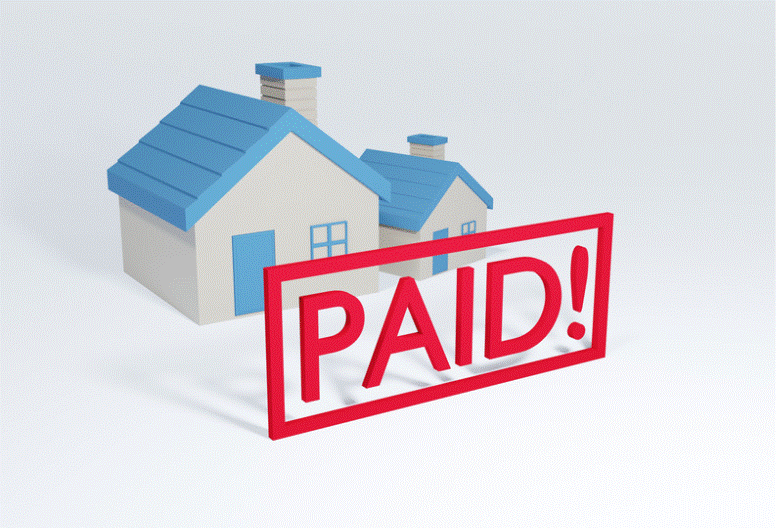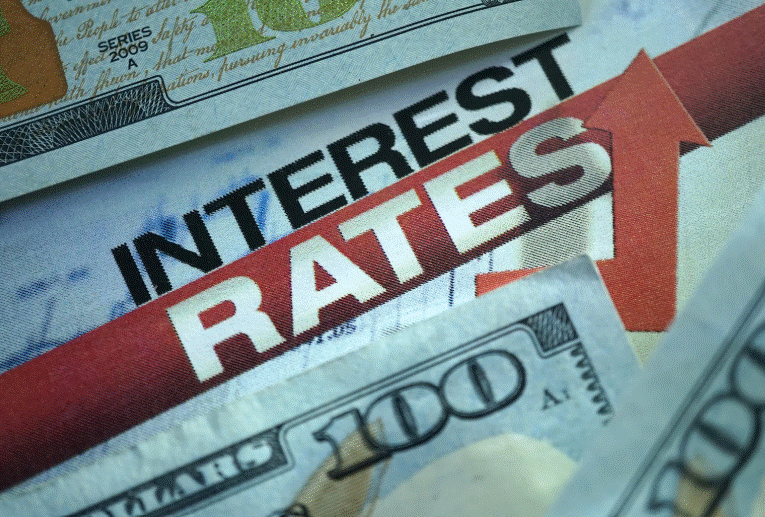Paying off your mortgage opens up a world of financial possibilities. With the monthly burden of mortgage payments lifted, many homeowners start considering new investment opportunities. One option that often comes to mind is using the equity in your home to invest in additional property. But is this a smart move? In this post, we'll explore the pros and cons of using your home as collateral for further investment and help you decide if it’s the right choice for you.
Understanding Home Equity Loans
A home equity loan allows you to borrow against the value of your home, using it as collateral. This type of loan can provide you with a lump sum of cash that can be used for various purposes, including purchasing additional property. The amount you can borrow typically depends on your home’s current value and how much equity you’ve built up.
- Pros: Home equity loans often come with lower interest rates compared to other types of loans, making them an attractive option for financing large purchases or investments. Additionally, interest paid on a home equity loan may be tax-deductible, further reducing the cost of borrowing.
- Cons: The primary risk is that your home serves as collateral, meaning that if you default on the loan, you could lose your home. Furthermore, taking on additional debt can increase financial strain, particularly if the new property doesn’t generate the expected return.
Investing in Additional Property
Real estate is often viewed as a solid investment, offering the potential for rental income, property appreciation, and tax advantages. However, it’s essential to carefully consider the risks before using your home as collateral to finance an additional property.
- Benefits: Investing in additional property can diversify your portfolio and provide a steady income stream through rental payments. Over time, the property may appreciate in value, offering the potential for significant capital gains when sold.
- Risks: The real estate market can be unpredictable, and property values can fluctuate. Additionally, managing rental properties can be time-consuming and may require additional resources for maintenance and tenant management. It’s also important to consider the possibility of vacancies, which can impact your cash flow.
Evaluating Your Financial Situation
Before deciding to invest in additional property, it’s crucial to assess your overall financial situation. Consider your risk tolerance, current income, and long-term financial goals. Using your home as collateral is a significant decision that should not be taken lightly.
- Risk Tolerance: Are you comfortable with the possibility of taking on more debt? Consider how you would handle financial setbacks, such as a downturn in the real estate market or unexpected expenses.
- Financial Stability: Ensure that you have a solid emergency fund and that your current financial obligations are manageable before taking on new debt. It may also be wise to consult with a financial advisor to evaluate the potential impact on your financial plan.
Using your home equity to invest in additional property can be a strategic move, but it’s not without risks. By carefully weighing the potential rewards against the risks and evaluating your financial situation, you can make an informed decision. For some, real estate investment can be a profitable way to grow wealth, but for others, the risks may outweigh the benefits. Ultimately, the right choice depends on your financial goals, risk tolerance, and long-term plans.





